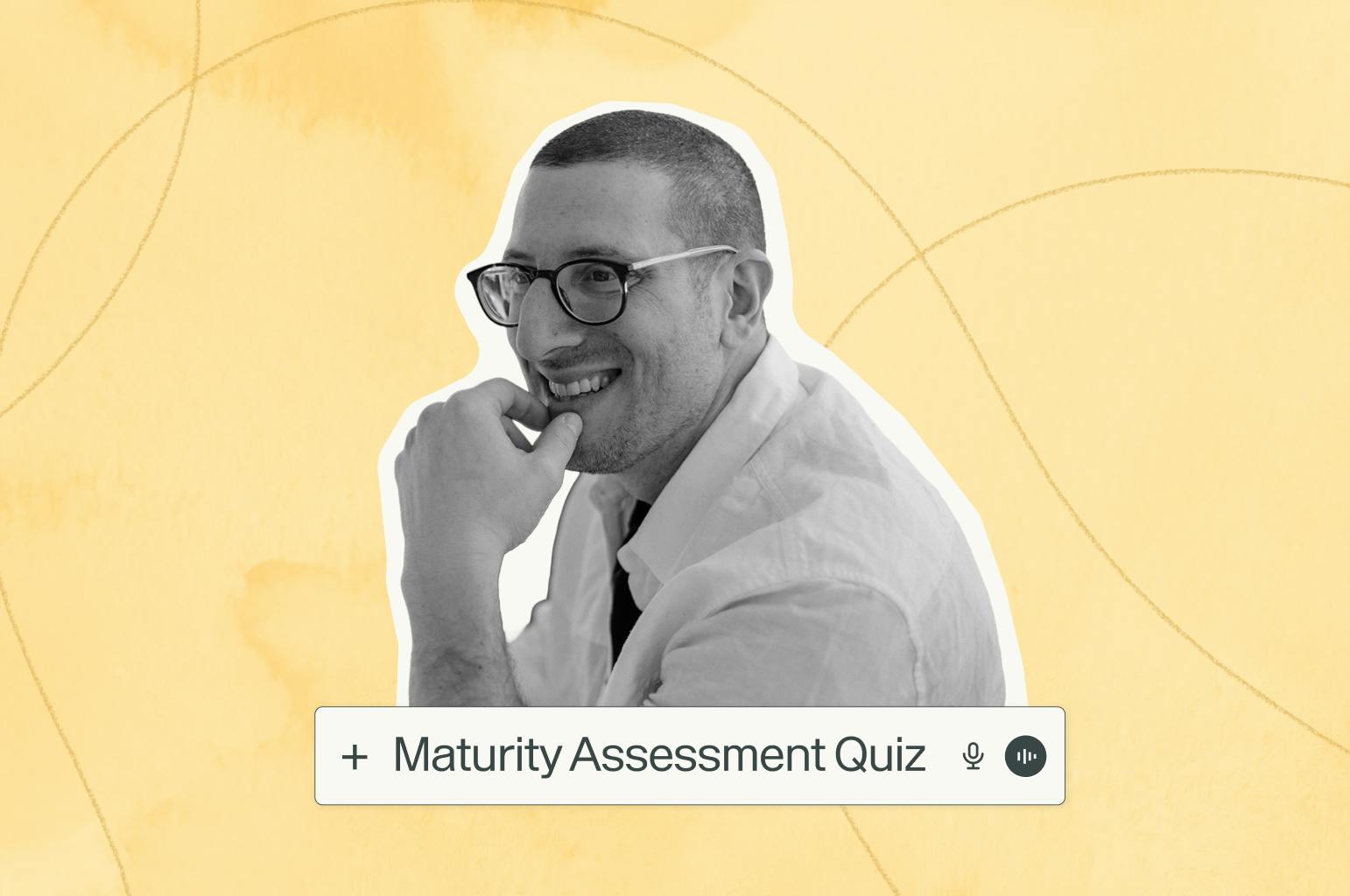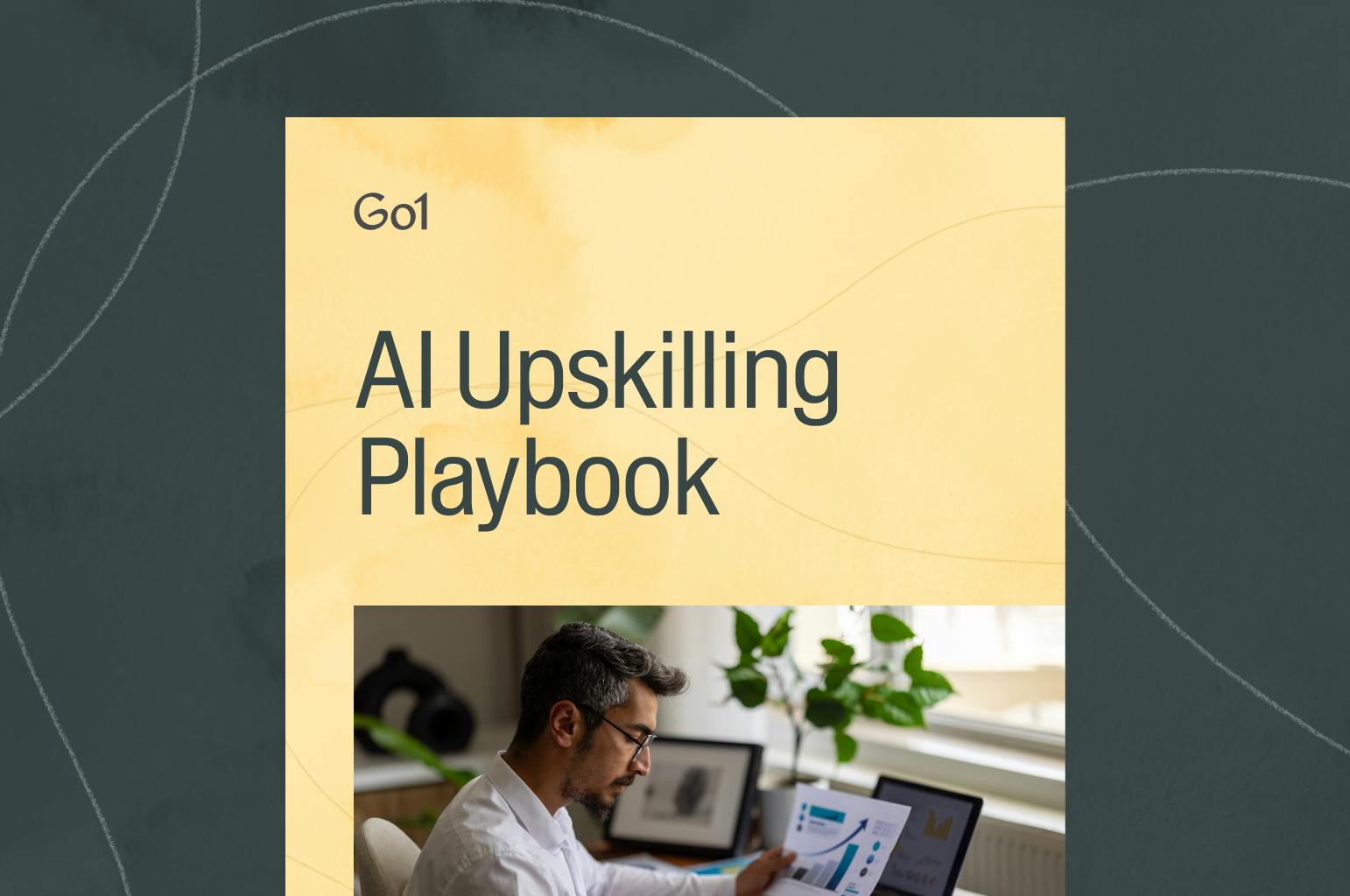Finding purpose and building a fulfilling career in the modern workplace

Picture this: you’ve worked 40 long and rewarding years at the same company. To celebrate this dedication, you’re gifted a beautiful gold watch at your retirement party before riding ininto the sunset to explore the world with nothing holding you back. Maybe your grandparents told you a similar story, or you saw something like this happen on TV. However, today’s fast-paced workplace has passed this tradition by.
Never mind 40 years at the same company and a gold watch, these days, the average worker has 13 jobs throughout their career, lasting a little over four years apiece. This constant change makes finding purpose and building a fulfilling career in the modern workplace challenging, to say the least.
In fact, 69% of employees would change roles for better job fulfillment, while a third would take a lower-paying job if it were more fulfilling. While providing a fulfilling workplace should be its own reward, from a purely business perspective, it’s also beneficial, as purpose-driven companies have 40% higher retention rates.

The bottom line? Employees crave purpose and fulfillment. So, we’re here to help deliver that by digging into all the big questions you have on purpose and fulfillment. We’ll explore self-discovery exercises, goal-setting frameworks, and career-planning strategies that'll help you ignite passion, purpose, and fulfillment in the workplace.
Finding purpose through self-discovery
The journey to a fulfilling career starts with self-discovery. It may sound cliche, but you're unlikely to find purpose and fulfillment in your job without first looking inward. We recommend starting this process with a reflective question: do you work to live or live to work? Your answer will likely inform the rest of your journey.
Depending on your goals and personality, this process could involve anything from self-reflection on whether you’re in a role and industry that suits your disposition to self-care or reading job boards and descriptions to find roles that align with your goals. For example, if you’re the quiet, shy type, you’re unlikely to find fulfillment working in a noisy call center.
Whatever path you take, self-discovery involves delving into one’s values, interests, strengths, and passions. One popular technique is the “Ikigai” framework, which is rooted in Japanese philosophy and recommends a holistic approach to finding purpose and fulfillment. This technique encourages people to reflect on four key elements:
- What they love
- What they’re good at
- What the world needs
- What they can be paid for
By identifying the intersection of these aspects, known as one’s “Ikigai,” you can pursue a career path aligned with your deepest passions and values.
Additionally, personality assessments such as the Myers-Briggs Type Indicator (MBTI) or the Big Five personality traits can offer insights into individual preferences and tendencies, guiding career decisions. While the scientific validity of such assessments is debatable, they remain popular as a general tool, particularly in the corporate world, where 89 Fortune 100 companies use them for hiring, team building, and talent management. These assessments can help people understand how they fit in, interact with others, and approach various aspects of their lives. By leveraging this self-awareness, people can make informed, purposeful decisions about their career paths.
To learn more, check out this excellent Blinkist summary of the book Do What You Are: Discover the Perfect Career for You Through the Secrets of Personality Types.
Setting meaningful goals
Once you’ve reflected on your values and aspirations, the next step is to set meaningful career goals. The PACT goal-setting framework — purposeful, actionable, continuous, and trackable — provides a structured starting point for goal setting. By following this approach, individuals can set meaningful objectives aligned with their purpose, maintain momentum through continuous improvement, and effectively monitor progress to stay on course.
Accordingly, it's no surprise that there's a wealth of benefits to goal-setting. Employees who regularly set goals are:
- 3.6x more likely to be committed to their organization
- 6.7x more likely to feel proud of their organization
- 6.5x more likely to recommend their organization as a great place to work
- 6.5x more likely to say their workplace lets them master necessary skills
- 7.7x more likely to say their employer gives them opportunities to develop their skills
Goal-setting benefits employees and the business but can be deceptively difficult. Just 6% of companies set aligned goals and regularly revisit them, while fewer than 20% accurately track their goals.
To avoid these pitfalls, remember these goal-setting tips. First, write your goals down! It sounds so simple, but estimates suggest just 16% of people write down their goals every time, even though writing down your goals makes you 42% more likely to succeed!
Further, setting goals isn’t a one-time event; it’s an ongoing process of refinement and adjustment. As you grow and evolve in your career, your priorities may shift, and new opportunities may arise. Therefore, it’s essential to regularly revisit and reassess your goals to ensure they're still relevant and aligned with your career path. We recommend reviewing your personal career goals every six months. Your role-specific goals quarterly, and, if you’re overseeing a team, review your organizationally driven goals each month to refresh and reset.

Involving others in the goal-setting process can also provide support and accountability, as people who set time-bound goals and report progress to their peers increase their chance of success by 40%. Whether you’re seeking feedback from mentors or collaborating with colleagues on shared objectives, leveraging others’ expertise can make your goals more effective. Together with an accountability partner, you can brainstorm creative solutions, overcome obstacles, and celebrate successes, fostering a feeling of collective achievement.
Crafting a career plan
With clear goals established, you should have a great start to developing a career plan. From there, crafting a career plan involves mapping out your goals by identifying specific actions, resources, and timelines needed. This process could require you to gain new skills through education or training, seek mentorship or networking opportunities, or pursue relevant experiences or projects.
A recent survey by IBM confirms the importance of career planning, finding that employees ranked career advancement opportunities (43%) — like career planning — higher than compensation and benefits (41%). That’s right, employees ranked career advancement above pay — that’s how important it is.

Try to remain flexible and adaptable as career paths often evolve. Combining self-reflection, strategic thinking, and proactive action can create a career plan that paves the way for a fulfilling, successful professional journey.
The exact process for crafting a career plan will vary from person to person and industry to industry. However, our best advice to help you get started is to discuss this with your manager during your next performance review or 1:1 meeting. You could even send them this article to get the ball rolling. From there, your manager can help you craft a tailored, fulfilling career plan specific to your needs.
For more information, check out our article on building strong career pathways.
Navigating challenges and obstacles
Like any new endeavor, you're bound to encounter various challenges and obstacles along your career journey. Maybe you were overlooked for a big promotion, or you're trying to balance your work life with starting a family. While these challenges may be out of your control or inevitable, what matters most is how you react to a setback. You can either let the challenge take control or use it as an opportunity for growth. The decision is yours.
While it's not always easy, we recommend approaching these obstacles with resilience and a growth mindset, utilizing them as opportunities to learn and develop. Seeking support from mentors, coaches, or that accountability partner we recommended can provide perspective and guidance during challenging times. By embracing challenges and overcoming obstacles, you can emerge stronger, ready to tackle new opportunities and achieve a fulfilling career.
Ultimately, building a fulfilling career in the modern workplace isn't challenge-free — it requires effort, self-reflection, planning, and lots of resilience. However, the rewards — peace, purpose, and prosperity — are worth the perseverance. You'll unlock your full potential and find professional fulfillment by engaging in self-discovery, setting meaningful goals, crafting a career plan, and navigating challenges.
Related Articles

Application Guide: How to use the Go1 AI for L&D Maturity Assessment to assess our workforce AI capability

AI upskilling made clear: A practical guide to building an AI-ready workforce

Go1 welcomes PepTalk

5 Data-Backed Insights Shaping the Future of AI in Workplace Learning

Train smarter, spend less
Train smarter,spend less
Connect with a Go1 expert to explore the best training options for your organization—no pressure, just solutions that work.